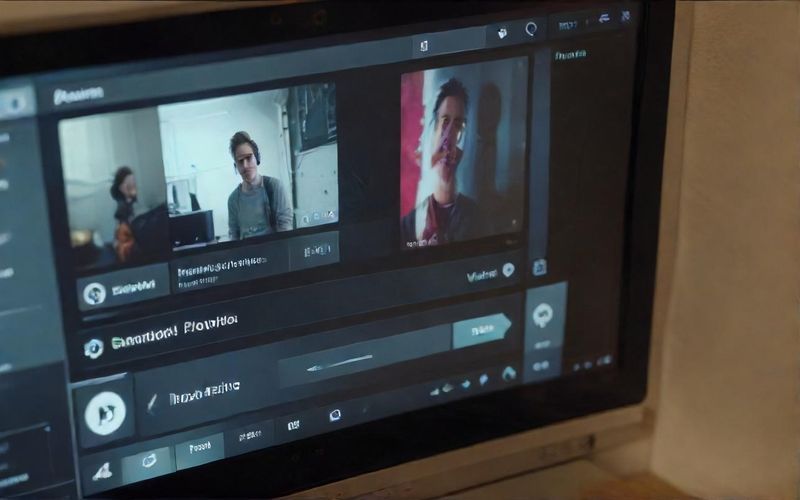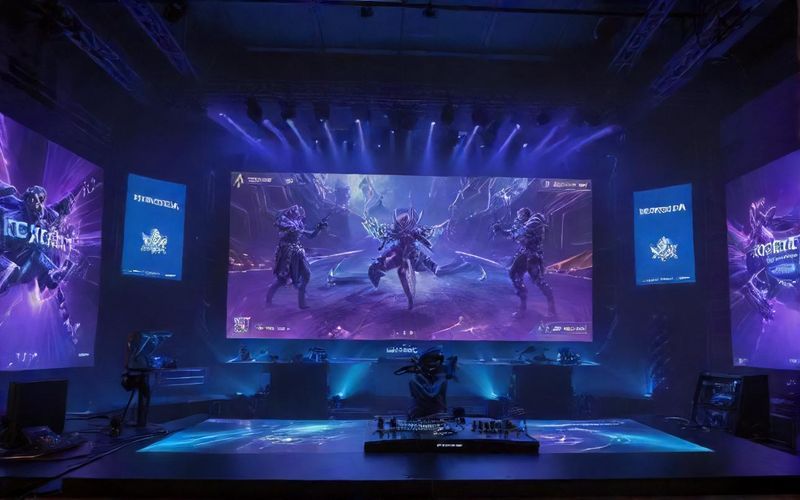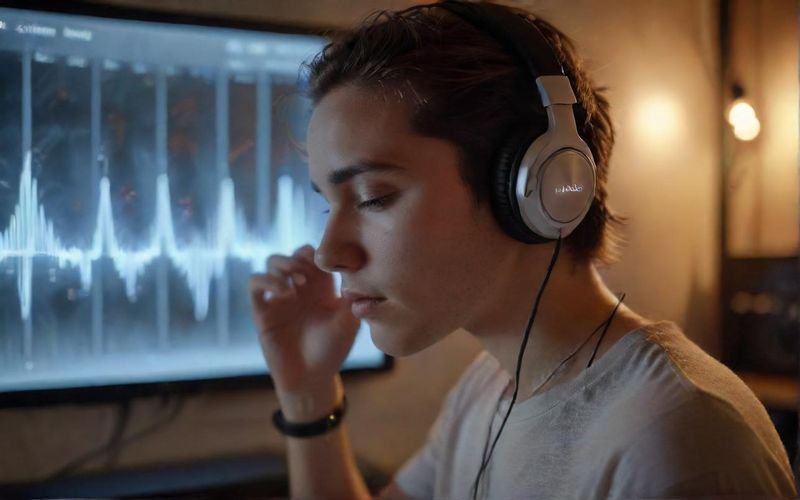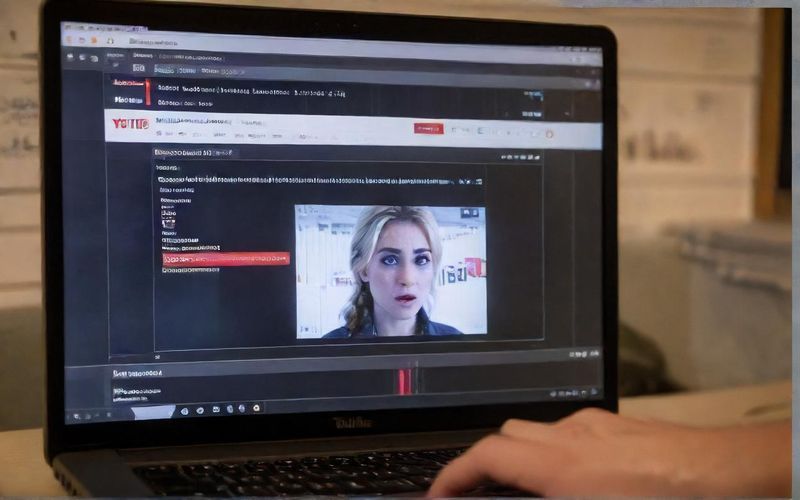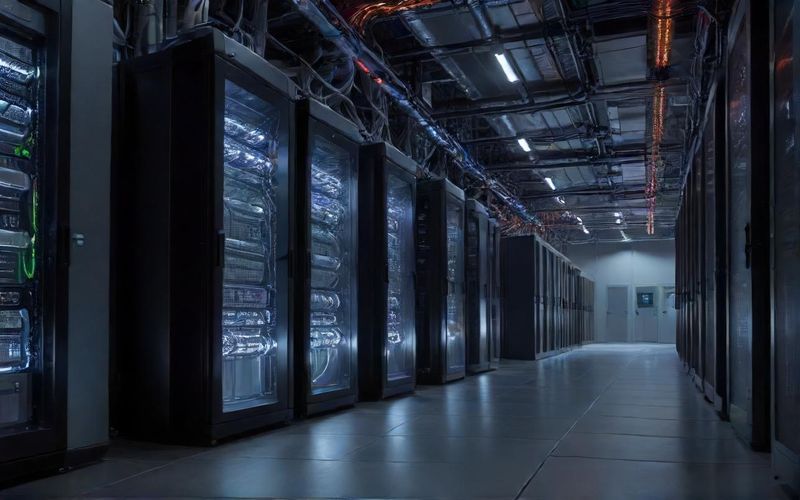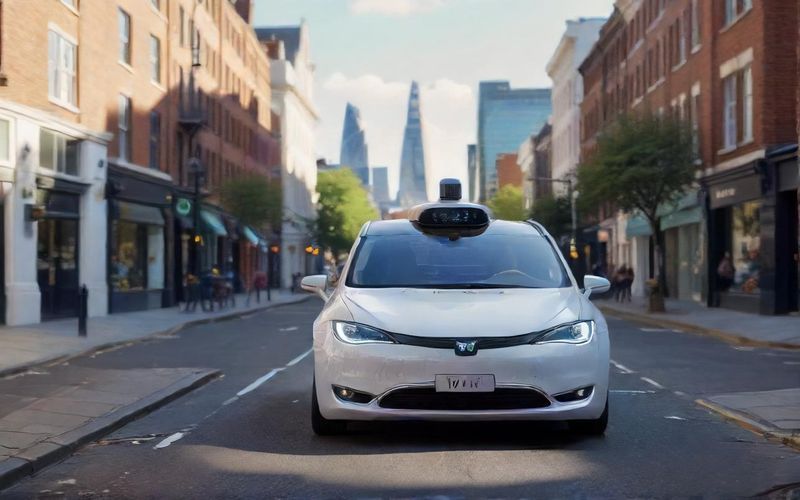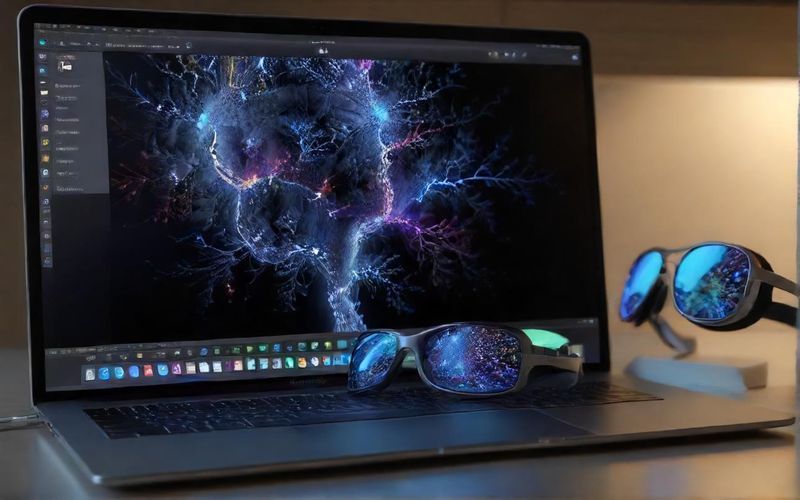Neuralink's Brain Chip Implant: First Human Trial Success
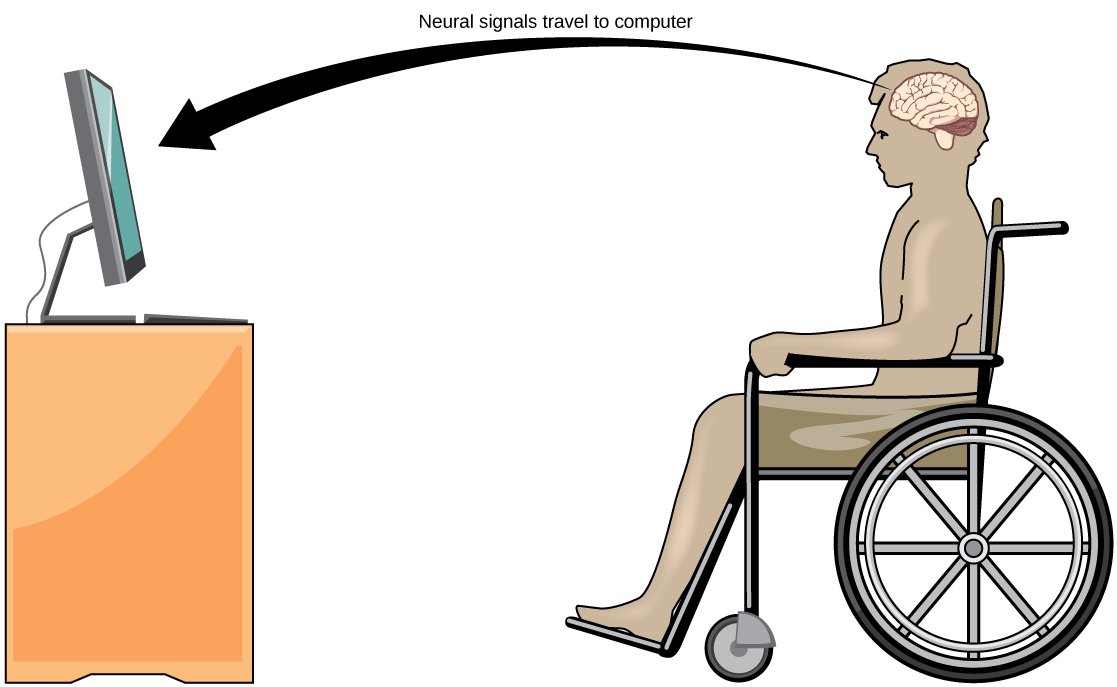
Elon Musk's Neuralink has successfully implanted its brain-computer interface in three human patients, marking a significant milestone in the company's clinical trials. The technology allows users to control computers with their thoughts. One patient, Noland Arbaugh, participated in a live-streamed chess game controlled solely by his mind on March 20th.
The procedure requires a high degree of precision and speed, impossible for human surgeons to achieve, according to Musk. Neuralink utilizes a surgical robot to insert the fine threads of its implant into the brain. While initial trials experienced some thread retraction in the first patient (approximately 85% remained functional), subsequent implants have shown improved results, with no observed retraction in the second patient.
Musk predicts that robots will soon surpass human surgeons in skill, stating on X (formerly Twitter) that robots will outperform "good human surgeons within a few years and the best human surgeons within ~5 years." This assertion comes in the context of advancements in robotic surgery, exemplified by Medtronic's Hugo robotic system, which boasts a 98% success rate in 137 surgeries across various procedures (prostate, kidney, and bladder). The Hugo system only required switching to manual surgery twice—once due to a robotic malfunction and once due to patient-specific complications.
Neuralink's goal is to create brain-controlled devices for individuals with paralysis or neurodegenerative diseases. Musk projects significant growth in the number of Neuralink implants, envisioning hundreds within a few years, tens of thousands within five, and millions within ten. While the technology is not yet commercially available, the successful human trials represent substantial progress towards this ambitious goal and highlight the potential for robotic surgery to revolutionize medical procedures. The long-term impact of Neuralink's technology remains to be seen, but the successful initial trials are a significant step forward.

